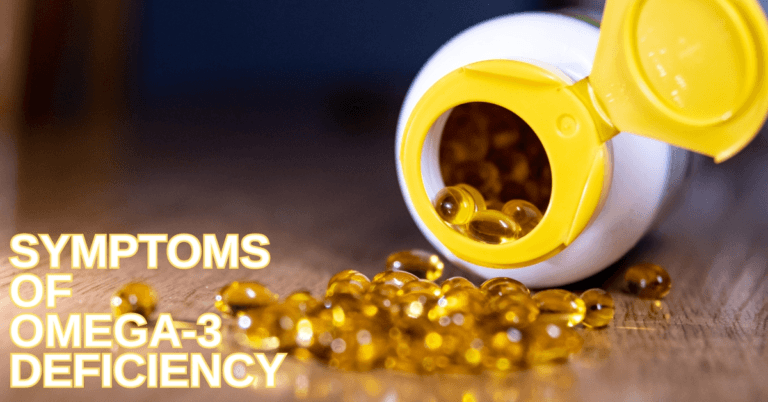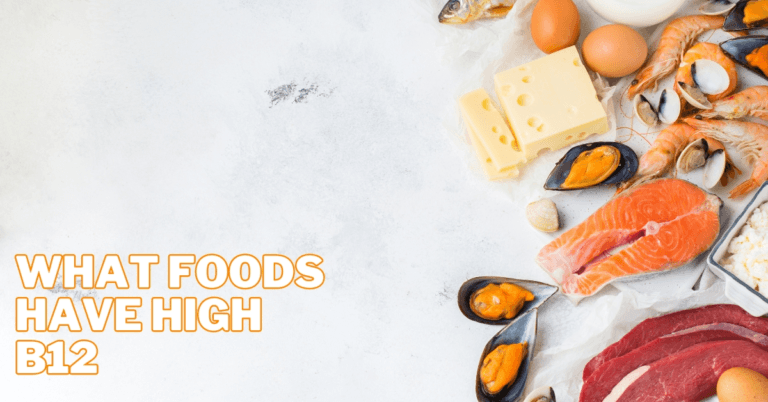What Foods Contain High B12
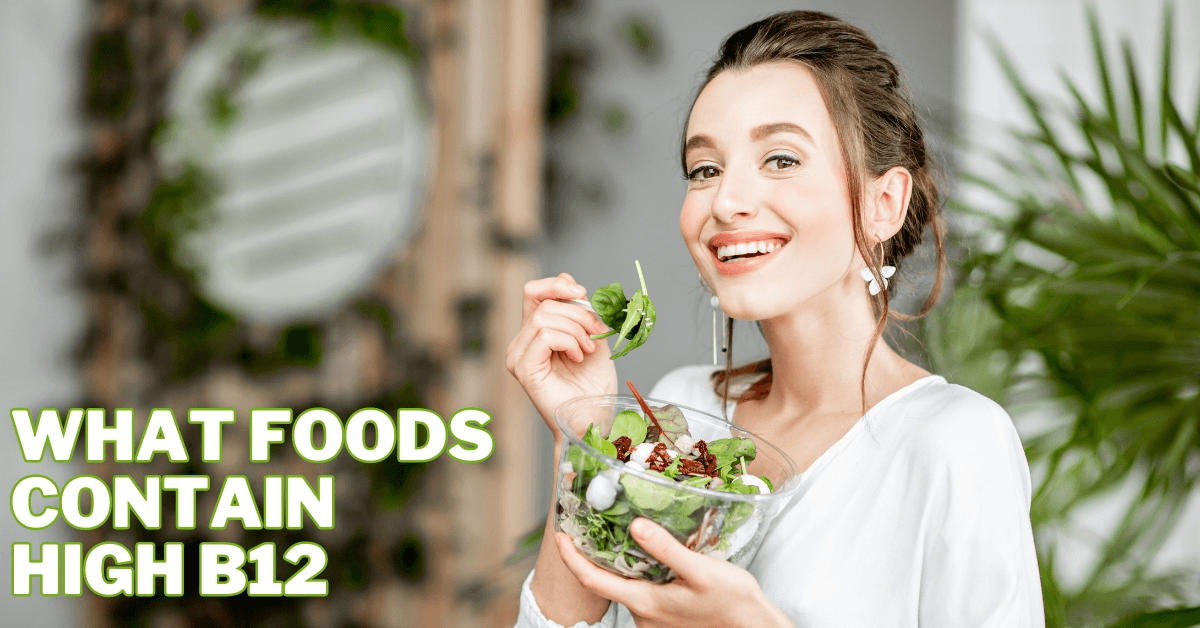
What Foods Contain High B12
Are you exploring the world of vitamin B12-rich foods? Dive into our comprehensive guide to discover what foods contain high B12.
Whether you're a seasoned vegan seeking plant-based options or simply curious about boosting your B12 intake, we've curated a list of diverse and delicious foods that pack a powerful punch of vitamin B12.
From animal-based staples to fortified plant products, our expertly crafted compilation ensures you'll find the perfect sources to meet your dietary needs.
Uncover the secrets of B12 abundance and embark on a journey toward optimal health and vitality with our insightful exploration.
What Is Vitamin B12?
The water-soluble vitamin B12, also known as cobalamin, is essential for the synthesis of DNA, the production of red blood cells, and neurological health.
Bacteria, not plants or animals, make B12, like many other vitamins. As a result, animal-based foods like meat, fish, eggs, and dairy products are the main sources of it.
This means that those who strictly adhere to vegetarian or vegan diets are at risk for B12 insufficiency unless they take supplements or eat foods fortified with B12.
Neurological symptoms, including tingling and numbness, as well as cognitive deterioration, can result from a B12 shortage and megaloblastic anemia.
What Does Low B12 Mean?
Low B12 refers to a deficiency in vitamin B12 levels in the body. Vitamin B12 insufficiency is a disease that can result from inadequate B12.
This deficiency can result from inadequate dietary intake, impaired absorption, or certain medical conditions.
Symptoms of low B12 levels may include fatigue, weakness, dizziness, tingling sensations, and cognitive difficulties.
Left untreated, low B12 levels can lead to more severe complications, emphasizing the importance of prompt recognition and treatment.
This article will explore what low b12 means, what vitamin B12 deficiency diseases are, and what foods contain high b12.
Low levels of vitamin B12 can result from various factors, including inadequate dietary intake, impaired absorption, and certain medical conditions.
Insufficient nutritional intake is a common cause, particularly among individuals with limited consumption of animal products.
Additionally, conditions that affect the absorption of B12 in the gastrointestinal tract can contribute to deficiency.
These include pernicious anemia, an autoimmune condition where the body attacks cells in the stomach that produce intrinsic factors, a protein necessary for B12 absorption.
Other factors affecting absorption include gastrointestinal surgeries, such as gastric bypass surgery, and medications that interfere with B12 absorption.
Vitamin B12 insufficiency is a disease that can result from inadequate B12. Common signs include fatigue, weakness, lightheadedness, shortness of breath, and pale or jaundiced skin.
Additionally, neurological symptoms like tingling or numbness in the hands and feet, difficulty walking, balance issues, memory loss, and confusion may occur.
If left untreated, severe B12 deficiency can result in neurological damage, irreversible cognitive decline, and anemia.
Recognizing these symptoms early is crucial for timely intervention and preventing potential long-term complications, underscoring the importance of maintaining adequate B12 levels for overall health and well-being.
Diagnosing vitamin B12 deficiency usually entails a comprehensive approach, combining clinical assessment, blood tests, and occasionally supplementary diagnostic procedures.
Blood tests are pivotal, assessing B12 levels alongside related markers like homocysteine and methylmalonic acid.
Elevated levels of these markers may signal B12 deficiency, even if B12 levels appear normal. In more complex cases, additional tests such as bone marrow biopsies or imaging studies might be necessary to explore underlying causes or complications.
This thorough diagnostic process ensures accurate identification of B12 deficiency, guiding appropriate treatment strategies to address weaknesses and mitigate potential health risks effectively.
The usual course of treatment for vitamin B12 deficiency is supplementation, either by injection or oral means, contingent upon the underlying cause and severity of the deficit.
For individuals with conditions such as pernicious anemia or other issues affecting B12 absorption, lifelong supplementation may be necessary to maintain adequate levels.
Additionally, addressing dietary factors is essential. Incorporating more B12-rich foods or fortified products into the diet can complement supplementation efforts and provide a sustainable source of this vital nutrient.
This holistic approach ensures comprehensive management of B12 deficiency, supporting optimal health and well-being in the long term.
Vitamin B12 Deficiency Diseases
Lack of vitamin B12 can result in several illnesses and disorders, mostly because it is essential for many bodily physiological functions.
Understanding the following vitamin B12 deficiency disorders is crucial before moving on to the topic of what foods contain high B12:
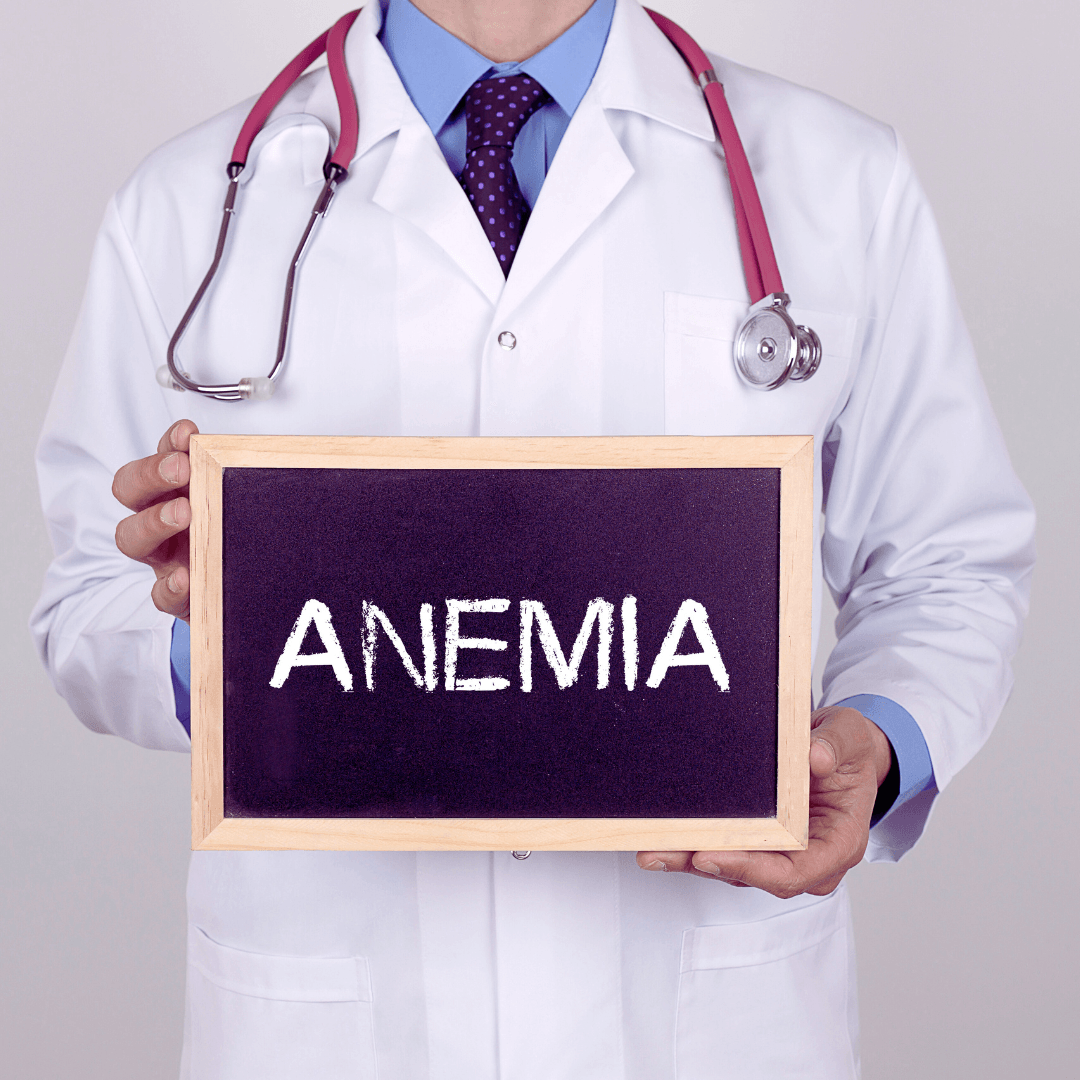
1. Pernicious Anemia
Pernicious anemia, a significant Vitamin B12 deficiency disease, is characterized by an autoimmune response that hampers the body's ability to absorb B12 effectively.
The absence of an intrinsic factor, a protein the stomach lining produces, disrupts B12 absorption in the intestines.
Consequently, reduced B12 levels lead to diminished red blood cell production and the onset of anemia.
This condition often manifests with symptoms like fatigue, weakness, pale skin, and shortness of breath, highlighting the indispensable role of intrinsic factors and B12 in supporting optimal blood cell formation and overall health.
Early recognition and treatment are crucial to mitigate the impacts of pernicious anemia and restore health.
2. Megaloblastic Anemia
Vitamin B12 deficiency diseases can also induce megaloblastic anemia, distinguished by the emergence of unusually large and immature red blood cells.
Insufficient B12 levels impede DNA synthesis in red blood cell precursors, resulting in flawed cell division and the generation of oversized cells incapable of proper functionality.
This condition leads to compromised oxygen transport, contributing to fatigue, weakness, and shortness of breath.
Diagnosing and treating B12 deficiency as soon as possible is critical to mitigate the symptoms of megaloblastic anemia, return red blood cell production to normal, and maintain essential physiological processes and general health.
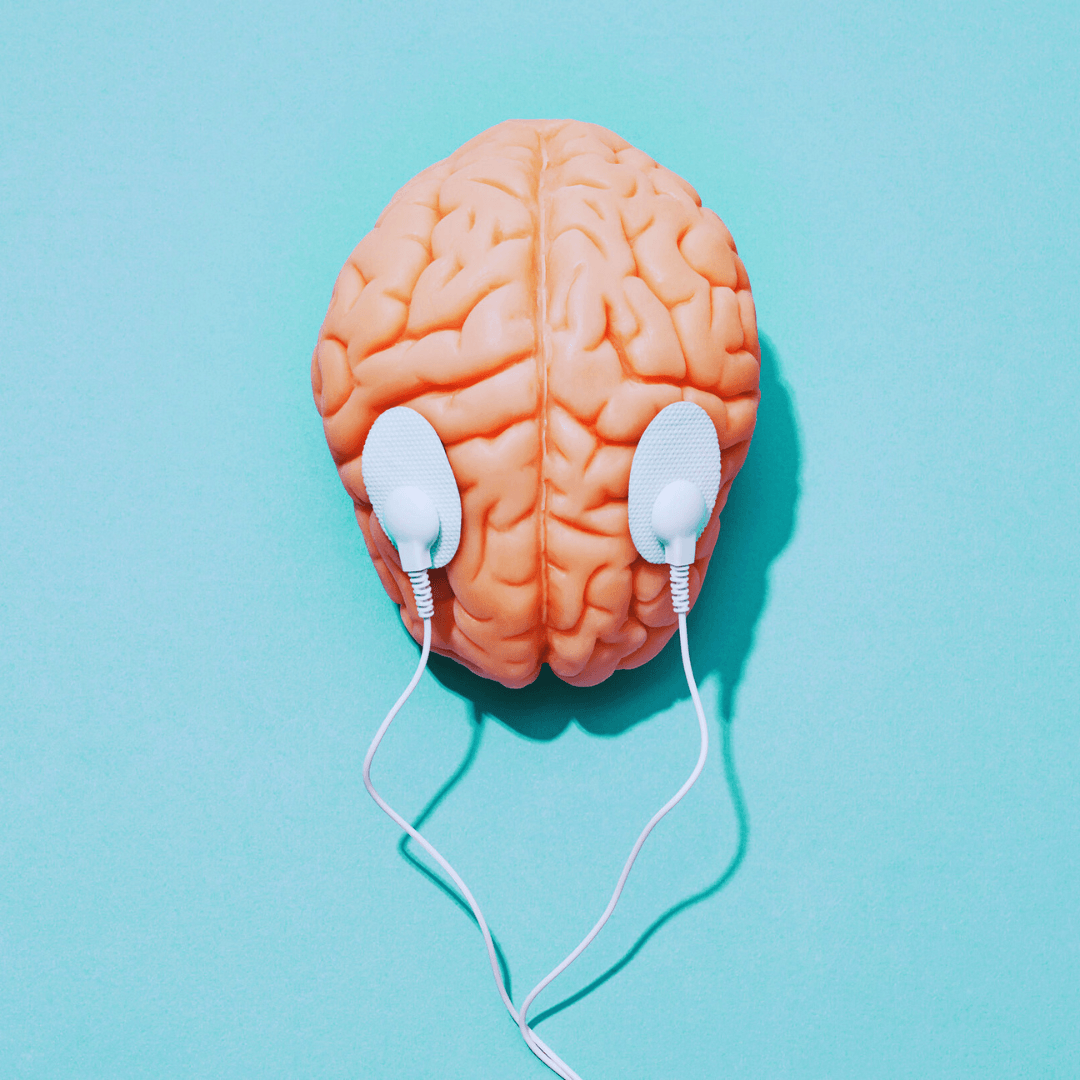
3. Neurological Disorders
Vitamin B12 is crucial for sustaining the well-being of the nervous system, encompassing both the brain and peripheral nerves.
Vitamin B12 deficiency diseases can include diverse neurological disorders, like peripheral neuropathy.
This condition is typified by sensations of tingling, numbness, or weakness in the hands and feet stemming from nerve damage.
In severe instances of B12 deficiency, irreversible nerve damage may ensue, accompanied by debilitating neurological complications.
These may encompass challenges with mobility, balance disturbances, memory impairment, and cognitive decline.
Timely recognition and treatment of B12 deficiency are pivotal in mitigating the risk of neurological complications and preserving optimal nervous system function and overall health.
4. Gastrointestinal Disorders
In addition to pernicious anemia, vitamin B12 deficiency can exacerbate gastrointestinal disorders such as gastritis and atrophic gastritis.
These conditions involve inflammation and damage to the stomach lining, which can hinder the production of intrinsic factors essential for B12 absorption.
Consequently, impaired B12 uptake exacerbates the deficiency. Gastritis and atrophic gastritis may arise from bacterial infections, autoimmune reactions, or prolonged medication use.
Managing these gastrointestinal issues requires addressing the underlying causes and supplementing with B12.
This comprehensive approach aims to restore optimal B12 absorption, mitigate deficiency-related complications, and promote overall gastrointestinal health and well-being.
5. Cardiovascular Disease
Low levels of vitamin B12 have been associated with an increased risk of cardiovascular disease. An amino acid linked to cardiovascular health, homocysteine, can be elevated by a B12 shortage.
Higher homocysteine levels have been linked to a higher risk of heart disease, stroke, and other heart-related disorders.
Homocysteine has been linked to inflammation, blood clot formation, and arterial damage—all critical elements in the onset of cardiovascular disease.
Maintaining sufficient B12 levels is necessary for controlling homocysteine levels and lowering the risk of cardiovascular problems, thus highlighting the significance of B12 for cardiovascular health and general well-being.

6. Psychological And Psychiatric Disorders
Emerging research indicates a potential link between Vitamin B12 deficiency diseases and psychological and psychiatric disorders, encompassing depression, anxiety, and cognitive impairment.
B12's involvement in neurotransmitter synthesis and brain function underscores its significance in mood regulation and cognitive processes.
Low amounts of B12 can interfere with these processes, which can lead to the onset or aggravation of mental health disorders.
Depression and anxiety, in particular, have been associated with B12 deficiency, highlighting the need for further exploration of its role in mental well-being.
Addressing B12 deficiency through supplementation and dietary adjustments may offer a promising avenue for managing and preventing psychological and psychiatric disorders, promoting optimal mental health outcomes.
What Foods Contain High B12
Foods rich in vitamin B12 include various animal-based products and fortified foods. Let’s dive into what foods contain high B12, along with their approximate daily intake values:
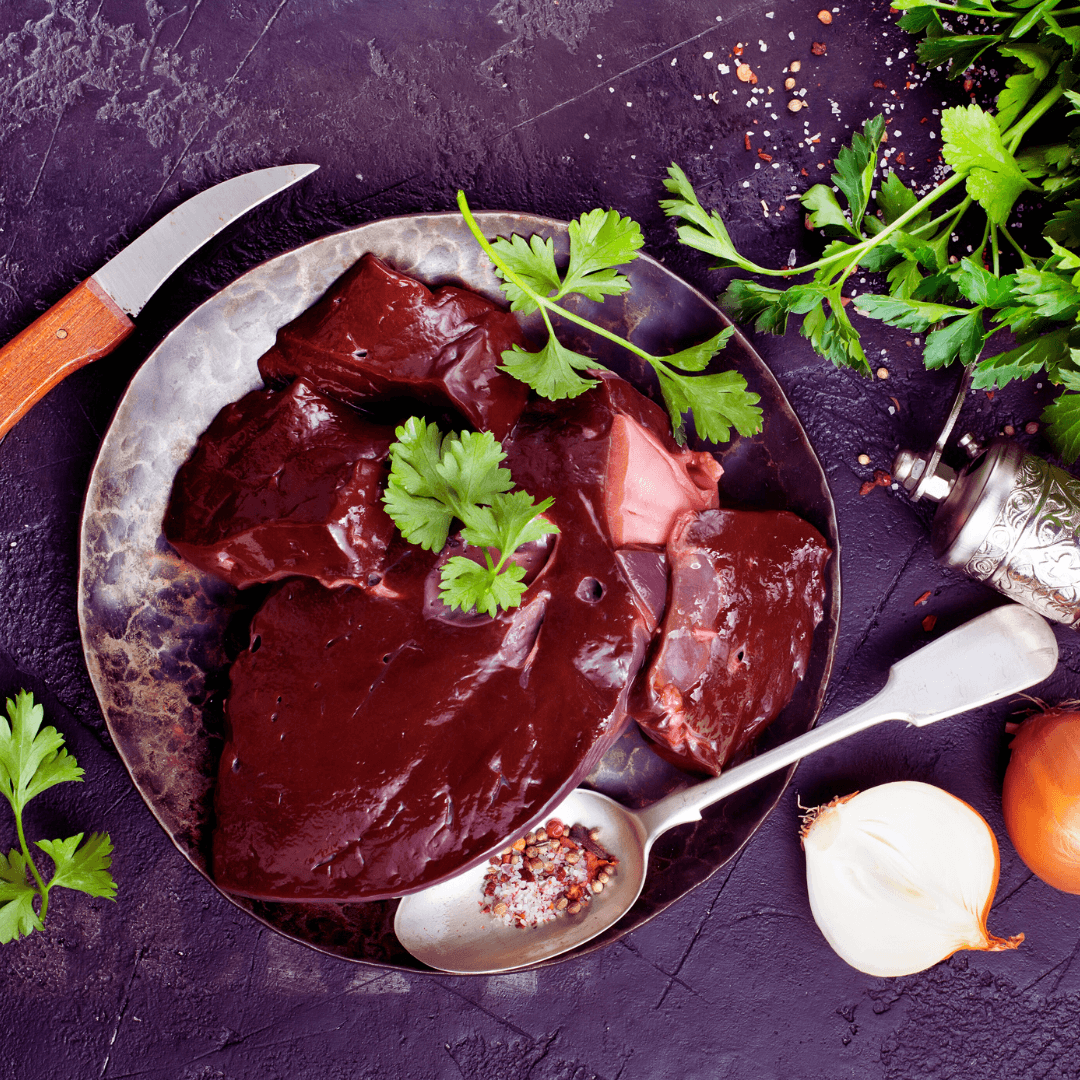
1. Beef Liver
Beef liver is a nutritional powerhouse due to its remarkably high vitamin B12 content. A 100-gram serving of cooked beef liver provides a remarkable 70.7 micrograms (mcg) of vitamin B12, surpassing 1000% of the recommended daily intake (RDI) for adults, typically around 2.4 mcg.
This high concentration of B12 highlights the importance of beef liver as a powerful vitamin provider, making it a great complement to any diet.
Ensure your B12 levels are as high as possible to boost general health and well-being. Eating beef liver can help.

2. Clams
In our list of ‘What foods contain high B12’, Clams emerge as another exceptional source of vitamin B12, boasting an impressive 98.9 micrograms (mcg) of B12 in a 100-gram serving of cooked clams.
This concentration provides over 1600% of the recommended daily intake (RDI) for adults, emphasizing the significant contribution of clams to B12 intake.
Given their remarkably high B12 content, incorporating clams into one's diet can be particularly advantageous for individuals striving to maintain optimal B12 levels and support overall health and well-being.
Including clams in a balanced diet underscores their importance as a potent dietary source of this essential nutrient, crucial for various physiological functions.
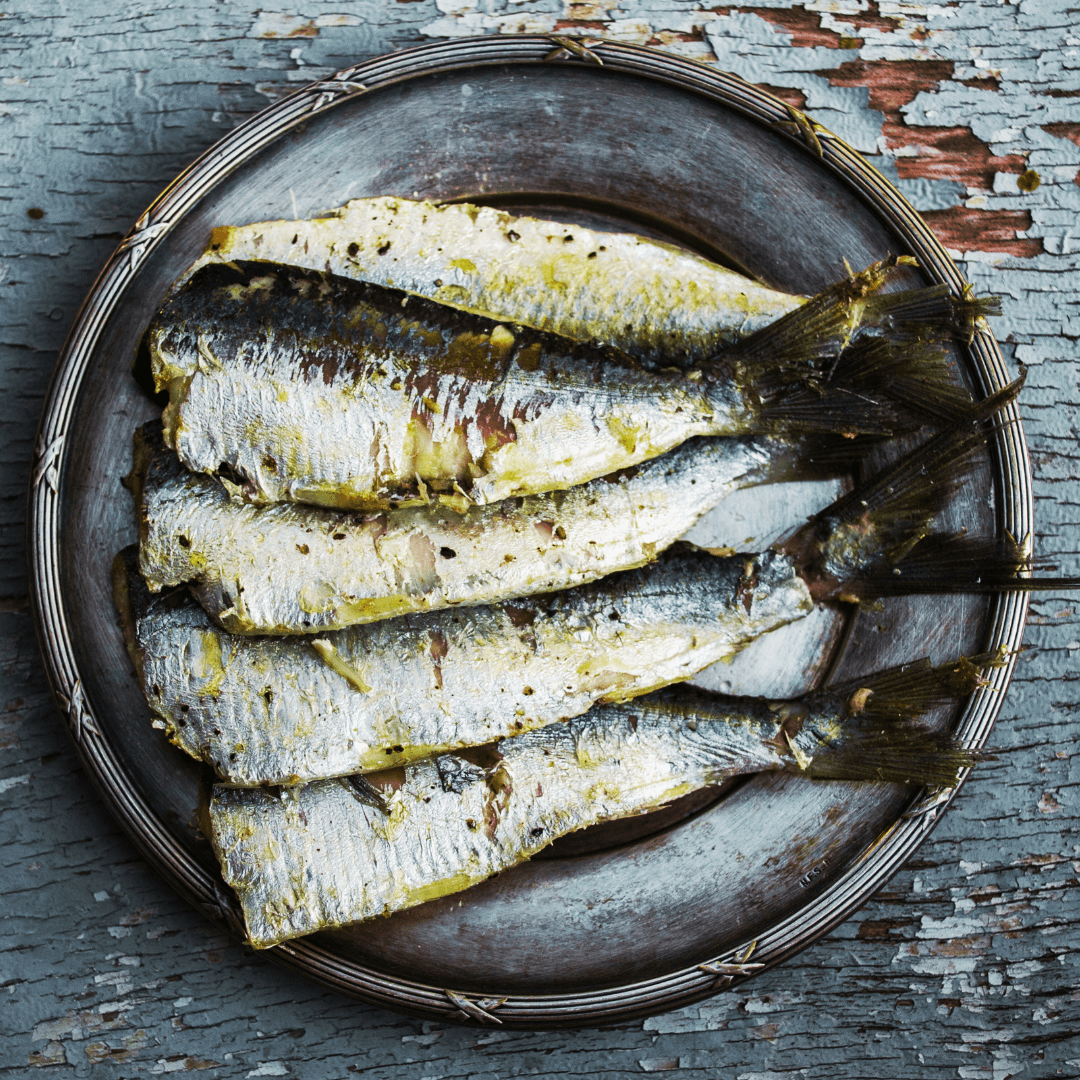
3. Sardines
As we continue to discover what foods contain high B12, Sardines, these small, oily fish offer many nutrients.
In a 100-gram serving of canned sardines, approximately 8.9 micrograms (mcg) of B12 are provided, constituting about 150% of the recommended daily intake (RDI).
Sardines' nutrient density highlights their importance as a source of vital vitamins and minerals for general health.
Sardines are a particularly good addition to a diet for those who want to increase their intake of B12 and support different bodily functions.
Due to their extensive nutritional profile, sardines are a practical and nutritious supplement to a balanced diet. They are also high in vitamin B12.
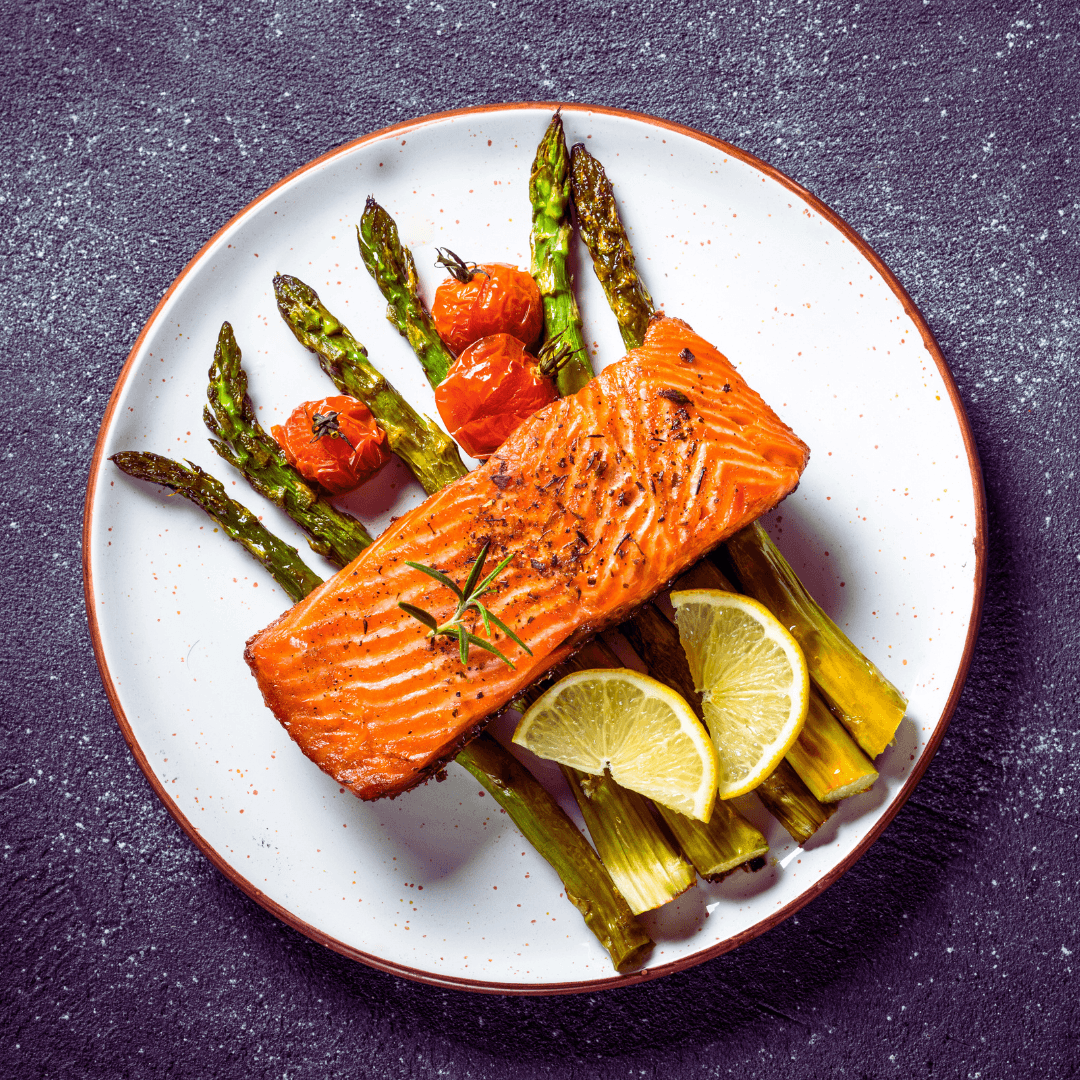
4. Salmon
Salmon, renowned for its omega-3 fatty acids and vitamin B12 content, is a popular and nutritious choice among fatty fish.
In a 100-gram serving of cooked salmon, approximately 4.8 micrograms (mcg) of B12 are present, providing about 80% of the recommended daily intake (RDI).
This substantial B12 contribution and omega-3 fatty acids underscores salmon's role in promoting overall health and well-being.
Incorporating salmon into one's diet offers a flavourful culinary experience, an effective means of meeting B12 requirements, and support for various physiological functions.
Its versatility and nutritional density make salmon an excellent choice for those seeking to maintain optimal B12 levels and enhance their overall dietary intake.
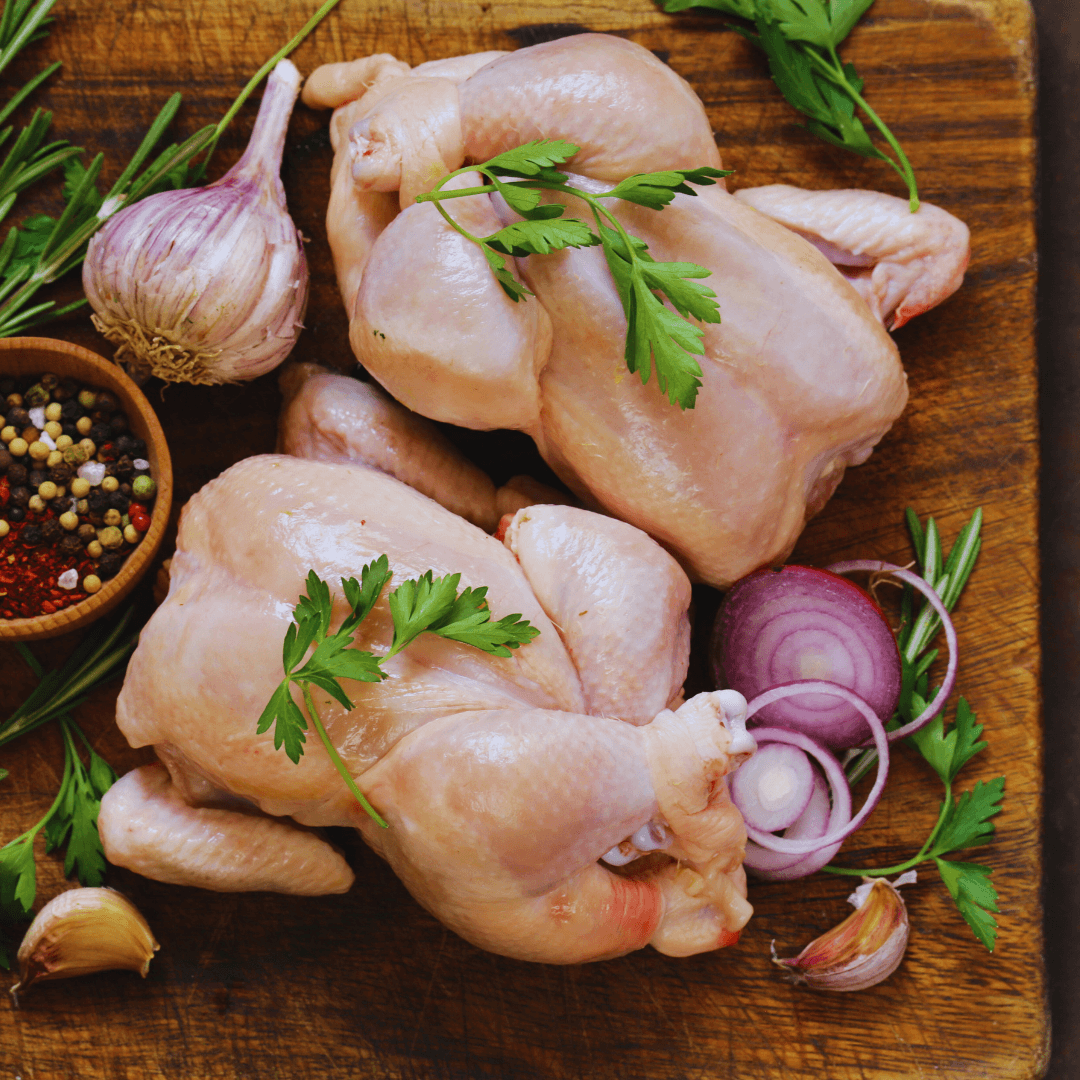
5. Chicken
Continuing our exploration of what foods contain high B12, Chicken, prized for its popularity and versatility as a protein source, also harbours vitamin B12.
A 100-gram serving of cooked chicken breast typically contains approximately 0.3-0.6 micrograms (mcg) of B12, contributing around 5-10% of the recommended daily intake (RDI).
While chicken may not be as rich in B12 as other foods, its inclusion in the diet provides a modest yet valuable source of this essential nutrient.
Incorporating chicken into meals offers a convenient and nutritious way to supplement B12 intake, supporting overall health and well-being.
As part of a balanced diet, chicken contributes to meeting B12 requirements and maintaining optimal nutrition for individuals of all dietary preferences.
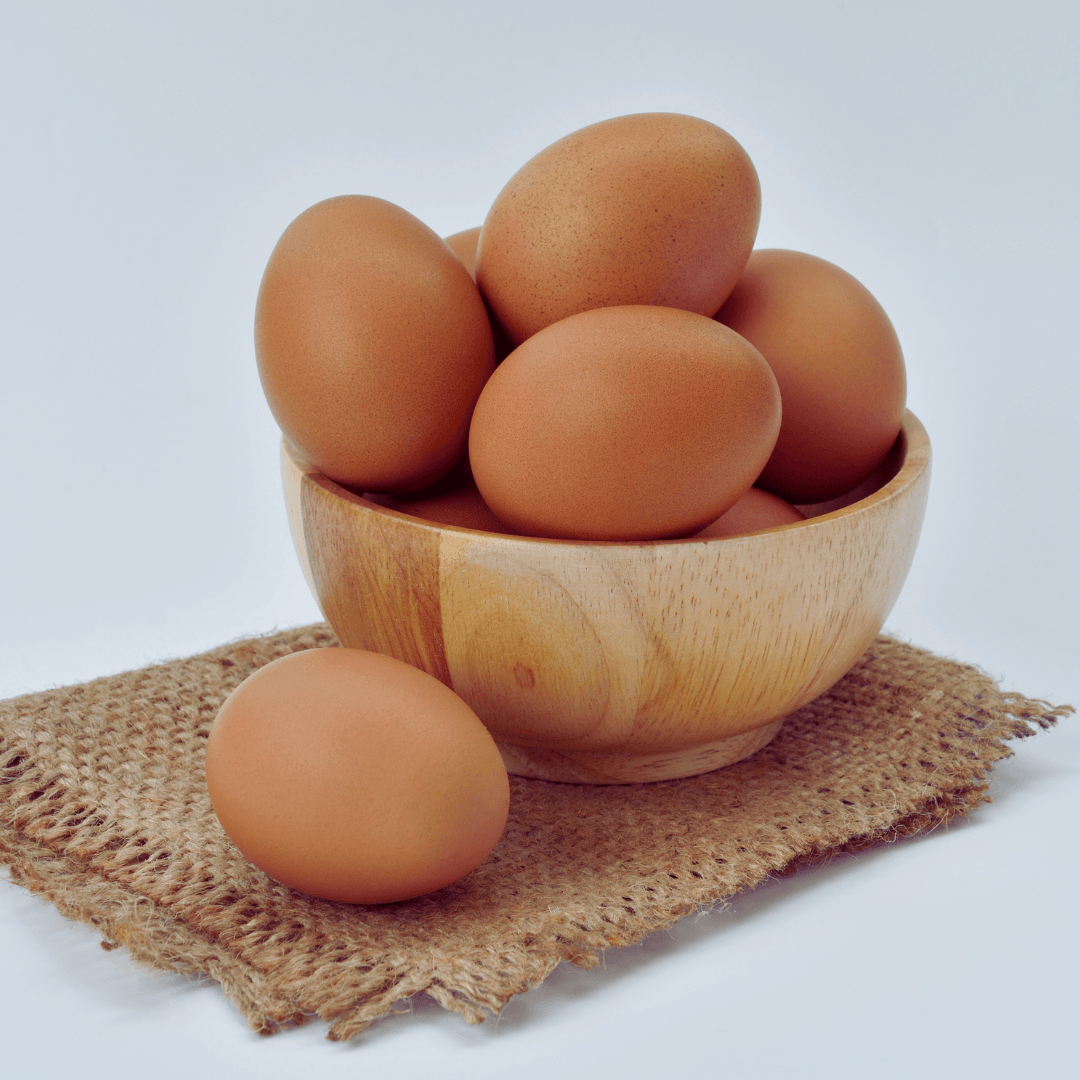
6. Eggs
Eggs are renowned for their versatility and nutritional richness, boasting essential nutrients like vitamin B12.
A large egg typically contains about 0.9-1.1 micrograms (mcg) of B12, constituting approximately 15-20% of the recommended daily intake (RDI).
This nutrient density highlights eggs as a convenient and accessible source of B12, especially beneficial for individuals with diverse dietary preferences.
Integrating eggs into one's diet can significantly contribute to meeting B12 requirements and bolstering overall health and well-being.
Whether enjoyed independently or incorporated into various culinary creations, eggs offer a practical and nourishing means to enhance B12 intake and uphold optimal nutrition.
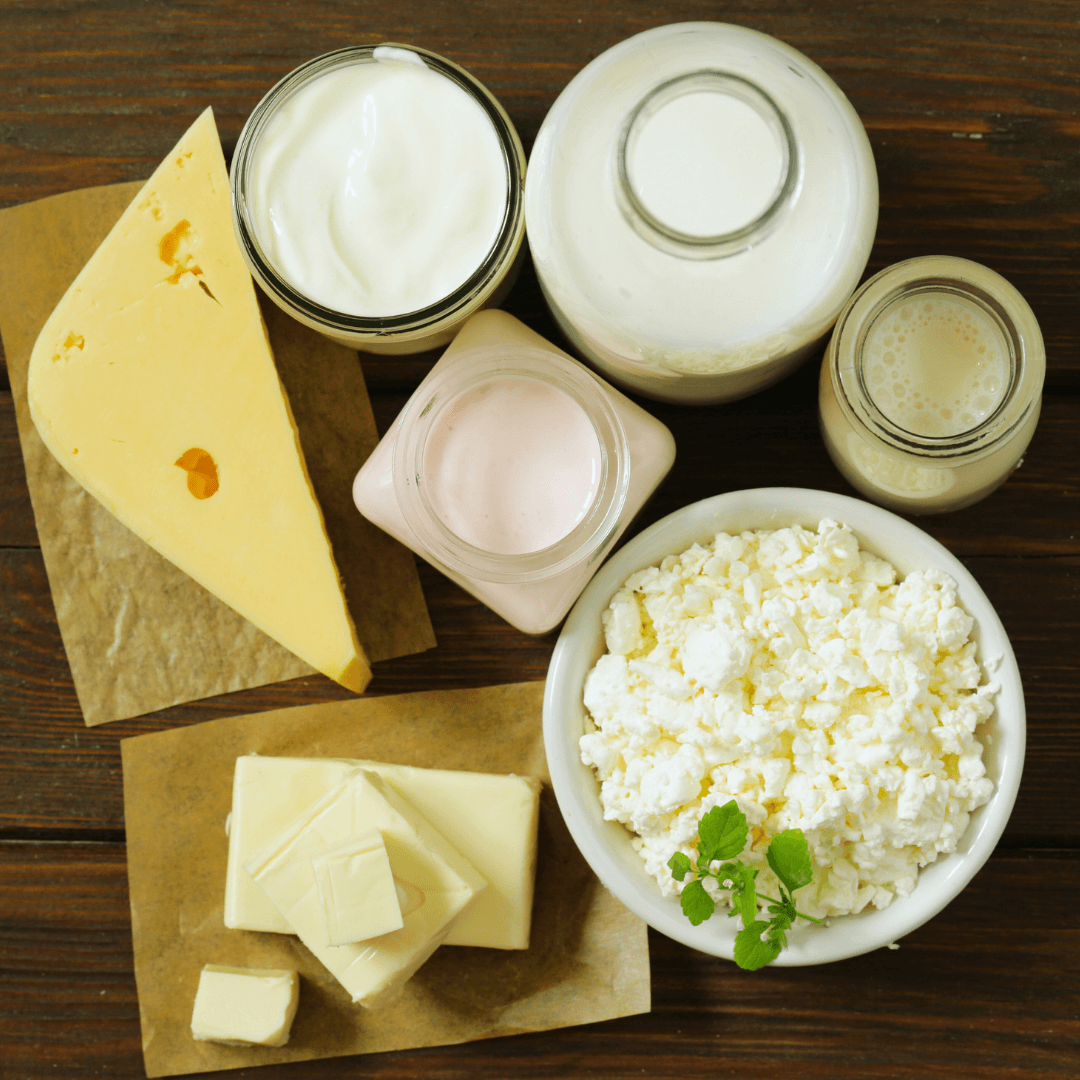
7. Milk And Yogurt
As we press forward in our investigation of What foods contain high B12, Dairy products, such as milk and yogurt, serve as sources of vitamin B12.
A one-cup serving of cow's milk typically provides about 1.2 micrograms (mcg) of B12, covering around 20% of the recommended daily intake (RDI).
Similarly, one cup of yogurt contains approximately 0.9 mcg of B12, contributing about 15% of the RDI.
These dairy options offer valuable sources of B12 for individuals seeking to meet their nutritional needs.
Incorporating milk and yogurt into one's diet not only provides essential B12 but also delivers other essential nutrients, promoting overall health and well-being.
As part of a balanced diet, dairy products offer convenient and delicious ways to support optimal B12 intake and maintain a nutritious lifestyle.
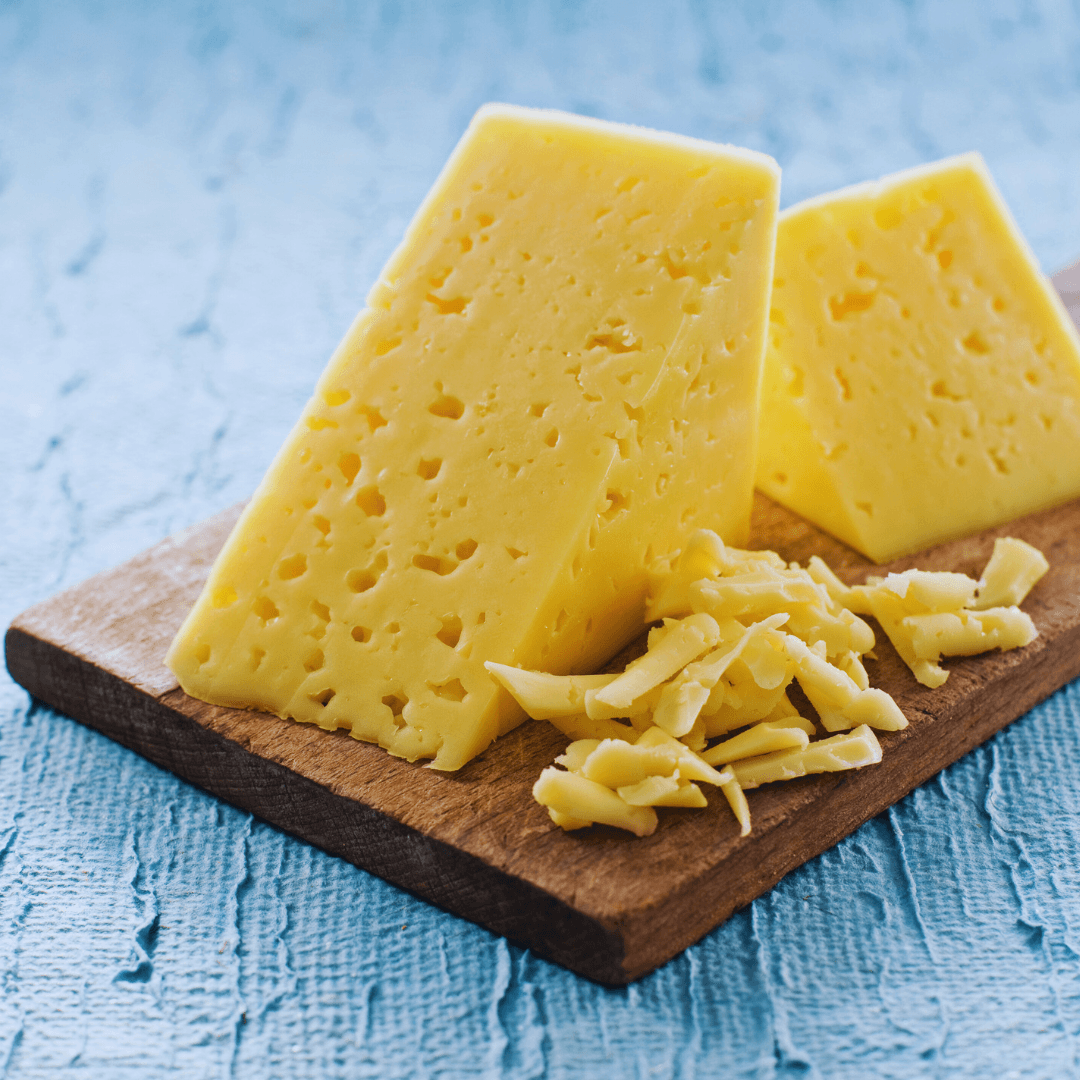
8. Cheese
Certain types of cheese, like Swiss or mozzarella, are notable sources of vitamin B12. A one-ounce serving of cheese typically provides around 0.9-1.3 micrograms (mcg) of B12, contributing approximately 15-20% of the recommended daily intake (RDI).
While cheese may not be as potent a source of B12 as other foods, its inclusion in the diet offers a convenient and flavourful way to supplement B12 intake.
Incorporating cheese into meals adds a rich taste and a valuable dose of this essential nutrient, supporting overall health and well-being.
Cheese is a tasty option for meeting B12 requirements and maintaining optimal nutrition as part of a varied and balanced diet.
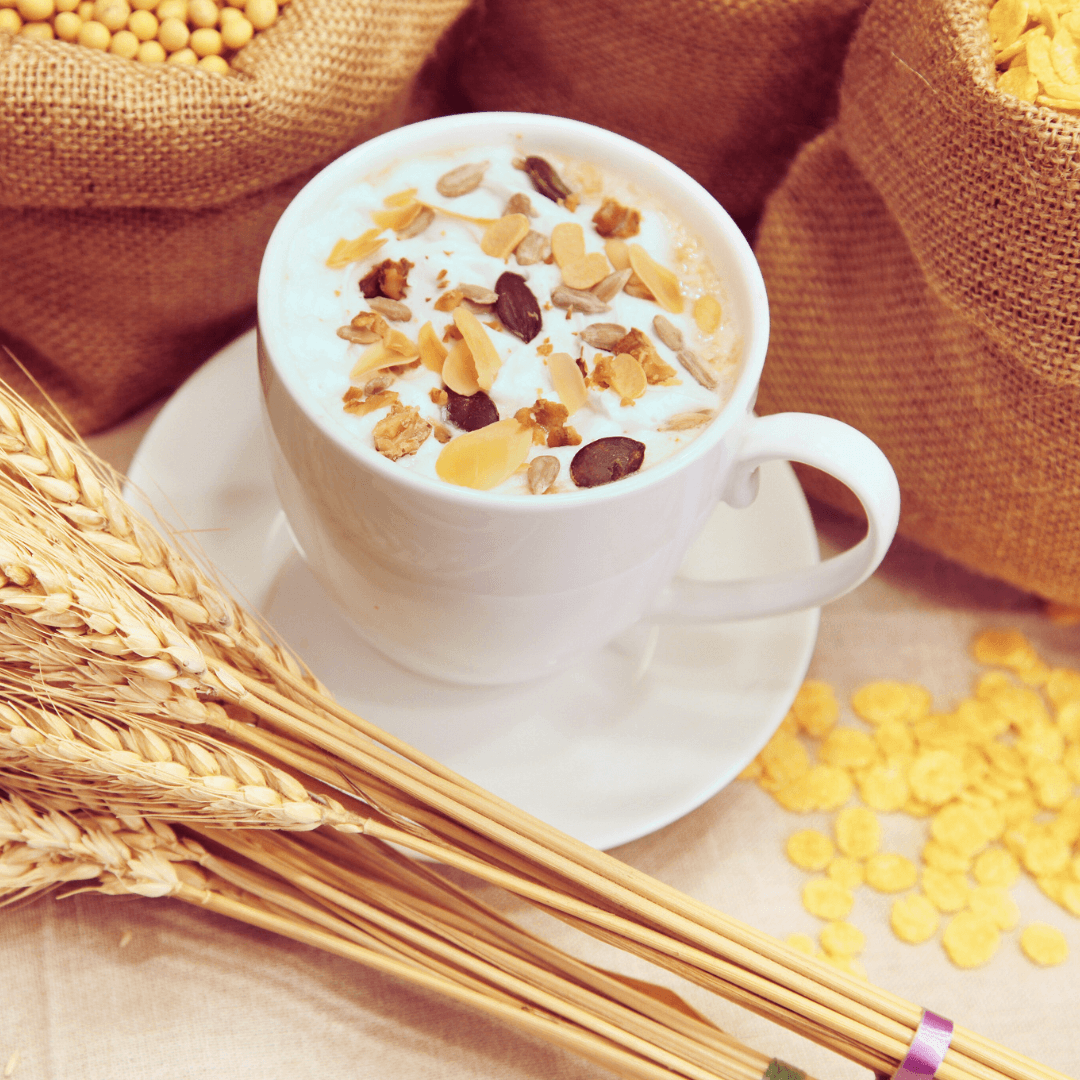
9. Fortified Breakfast Cereals
Many of the breakfast cereals on our list of foods containing high B12 are fortified with various vital vitamins and minerals, including vitamin B12.
A one-cup serving of fortified cereal usually delivers approximately 1.5-6 micrograms (mcg) of B12, meeting 25-100% of the recommended daily intake (RDI).
This fortification enhances the nutritional value of breakfast cereals, making them a convenient and accessible source of vital nutrients, particularly for individuals with dietary restrictions or those seeking to bolster their B12 intake.
Incorporating fortified cereals into one's breakfast routine can contribute significantly to meeting B12 requirements and supporting overall health and well-being.
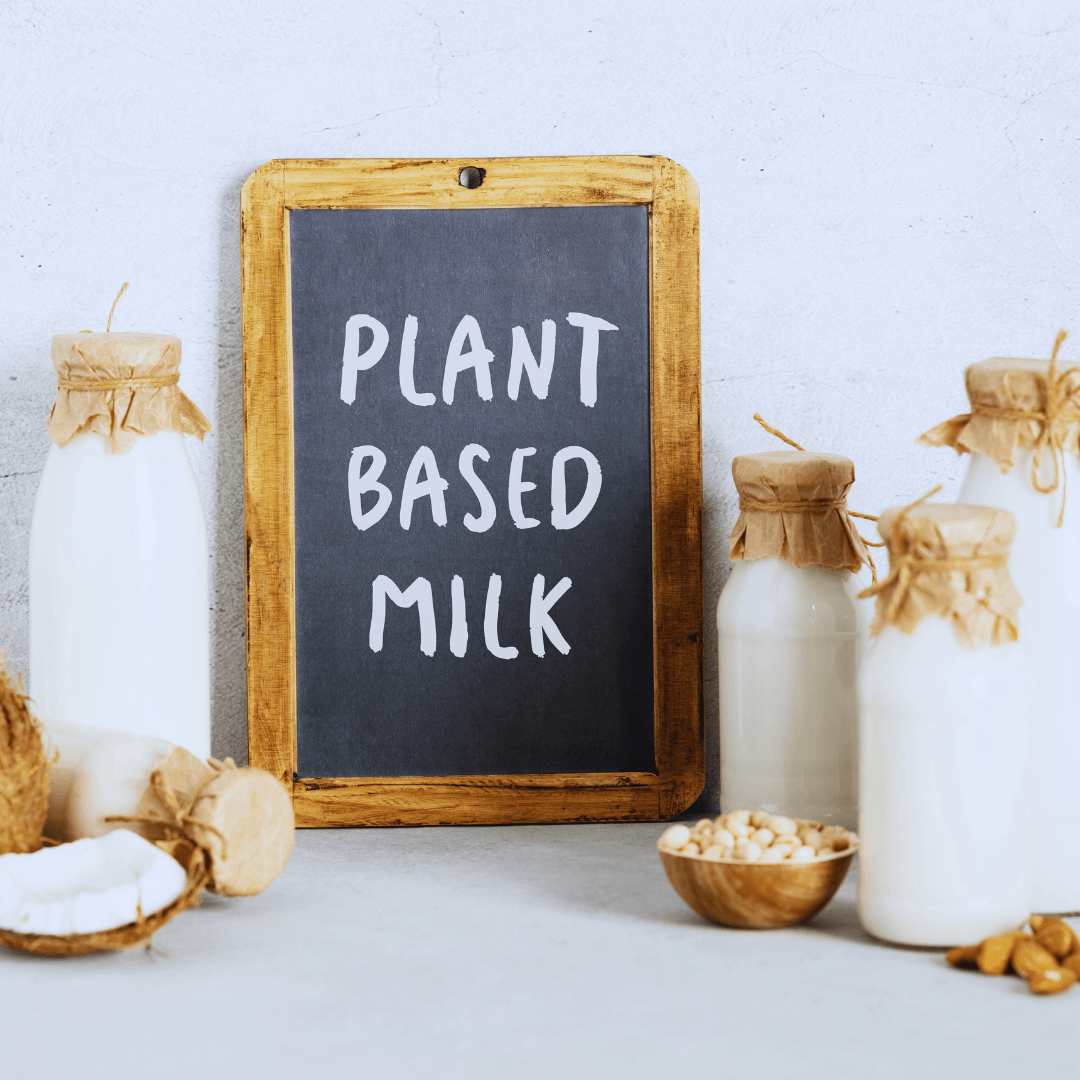
10. Fortified Plant-Based Milk
As we progress in our exploration of What foods contain high B12, Plant-based milk alternatives, like fortified almond or soy milk, emerge as valuable sources of vitamin B12, especially for individuals adhering to vegan or vegetarian diets.
A one-cup serving of fortified plant-based milk typically provides approximately 1-2.5 micrograms (mcg) of B12, contributing around 20-40% of the recommended daily intake (RDI).
This fortification ensures that plant-based milk alternatives can effectively supplement B12 requirements without relying on animal-derived sources.
Incorporating fortified plant-based milk into one's diet offers a practical way to maintain optimal B12 levels while accommodating diverse dietary preferences and restrictions.
By harnessing the benefits of fortified plant-based milk, individuals can promote overall health and well-being through enhanced B12 intake.
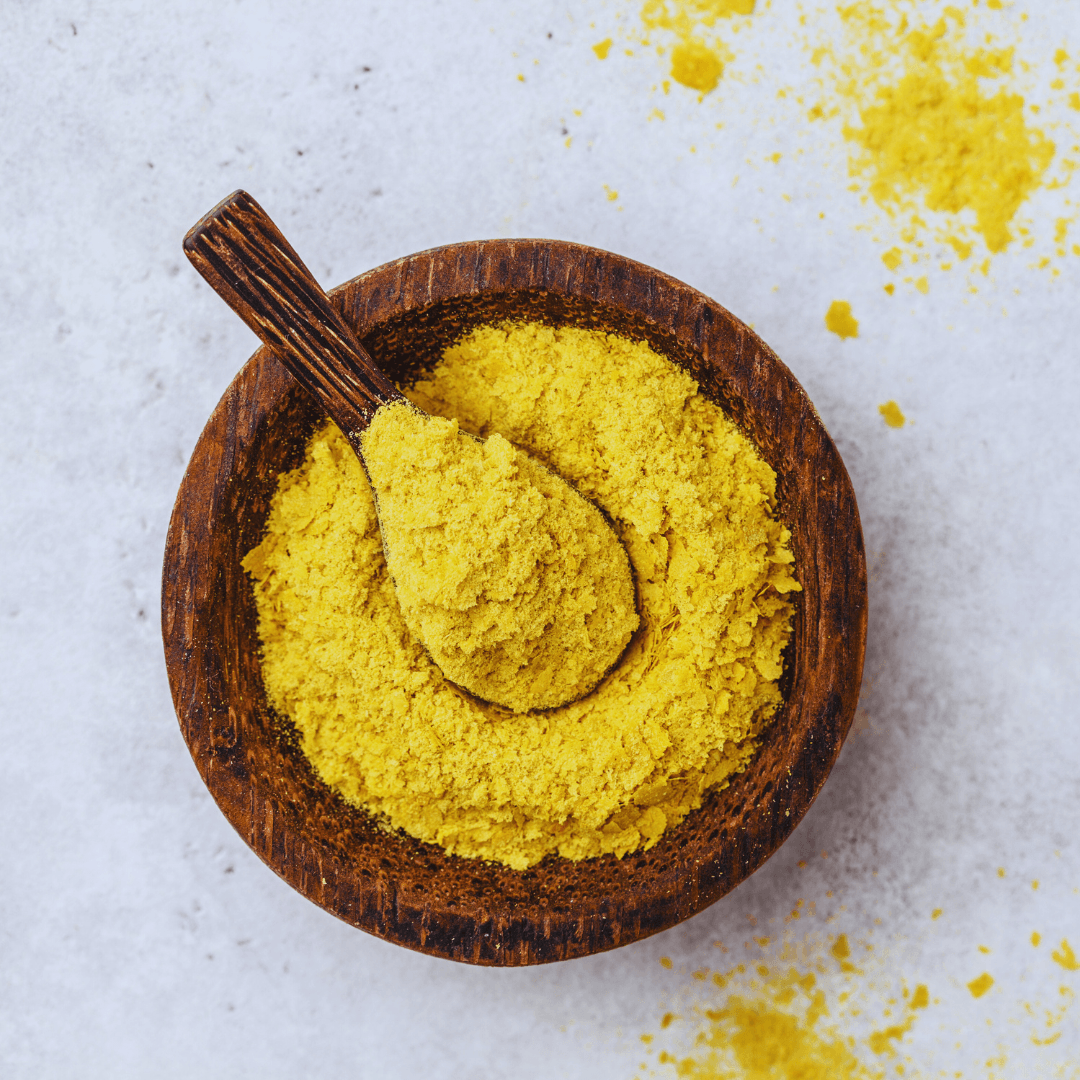
11. Fortified Nutritional Yeast
Fortified nutritional yeast has gained popularity among vegans and vegetarians due to its cheesy flavour and rich nutritional profile, aiding our list of foods that contain high B12.
This versatile ingredient is often enriched with vitamin B12, providing a convenient solution to meet dietary needs, particularly for those following plant-based diets.
Incorporating fortified nutritional yeast into meals offers a flavourful and convenient way to ensure adequate B12 intake, supporting overall health and well-being.
A tablespoon of fortified dietary yeast typically contains around 2.4 micrograms of vitamin B12, covering adults' entire recommended daily intake (RDI).
It is a crucial component of plant-based diets, helping individuals maintain optimal B12 levels without compromising taste or convenience.
Conclusion
In conclusion, considering its critical involvement in numerous physiological processes, ensuring a proper intake of vitamin B12 is imperative, especially when concentrating on what foods contain high B12.
Whether through animal-based sources like beef liver, clams, and dairy products or plant-based options such as fortified nutritional yeast and plant-based milk alternatives, there are numerous avenues to incorporate this vital nutrient into one's diet.
By diversifying food choices and including B12-rich foods, individuals can maintain optimal B12 levels, thereby supporting their overall health and vitality.
I trust you enjoyed this article on What Foods Contain High B12. Please stay tuned for more blog posts soon. Take care!
JeannetteZ
>>>Please click here to read my all-inclusive article about A Comprehensive Guide To Healing Naturally<<<
>>>Are you interested in Natural Healing through Herbs? Please click here for my #1 Recommendation<<<
Your Opinion Is Important To Me
Do you have thoughts, ideas, or questions? I would love to hear from you. Please leave me your questions, experiences, and remarks about this article, What Foods Contain High B12, in the comments section below. You can also reach me by email at Jeannette@Close-To-Nature.org.
Disclosure
This post may contain affiliate links. As an Amazon Associate and other affiliate programs, I earn from qualifying purchases at no extra cost to you. Please read my full affiliate disclosure.
You might also enjoy these blog posts:
Benefits Of Vitamin B12 For Women
Understanding The Symptoms Of Stress
Understanding Heat Stroke In A Cat
How To Toilet Train A 6-Month-Old Puppy
Solutions To Dog Overweight Problems


